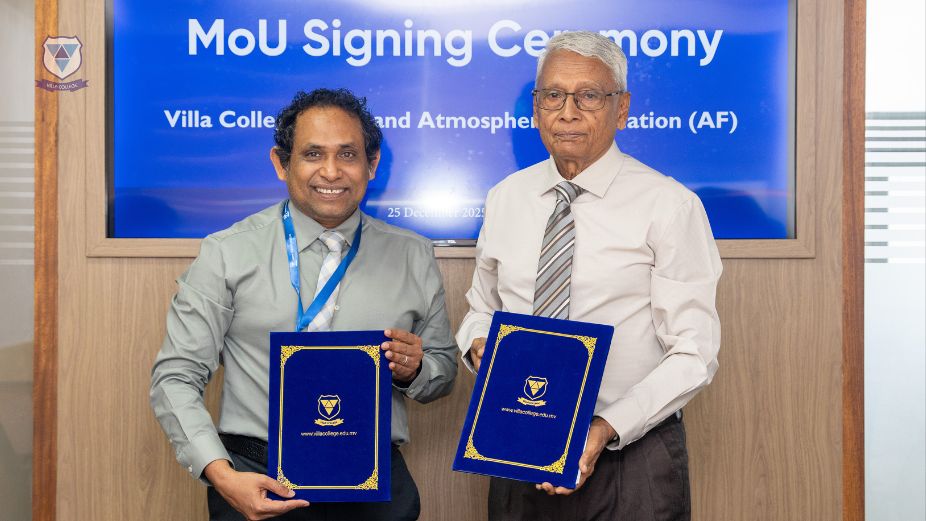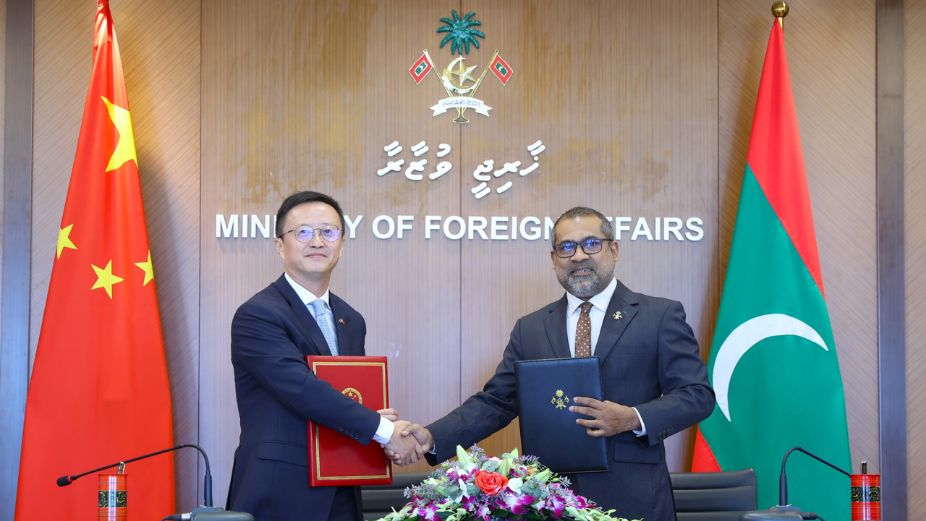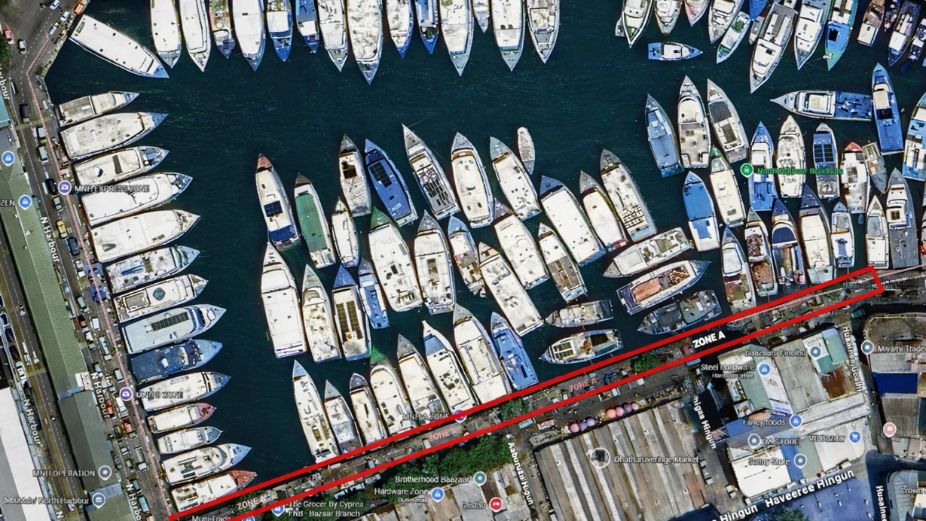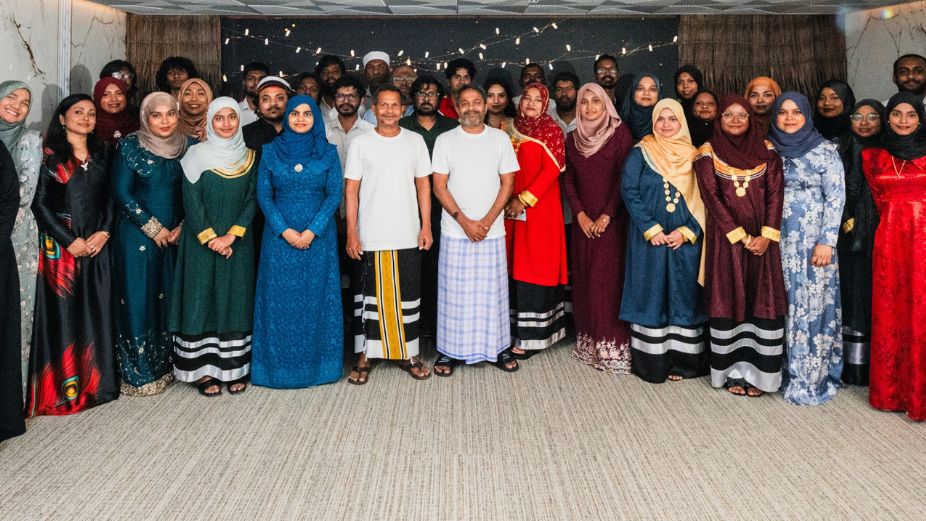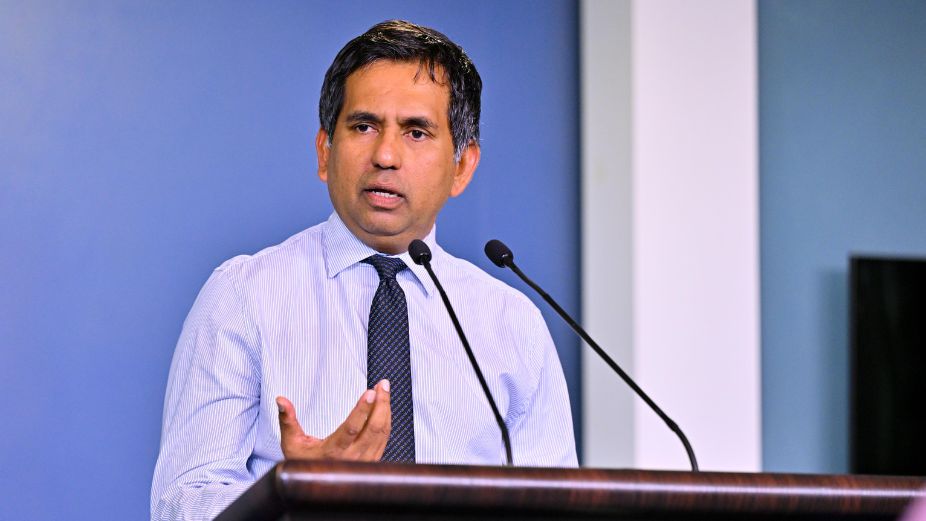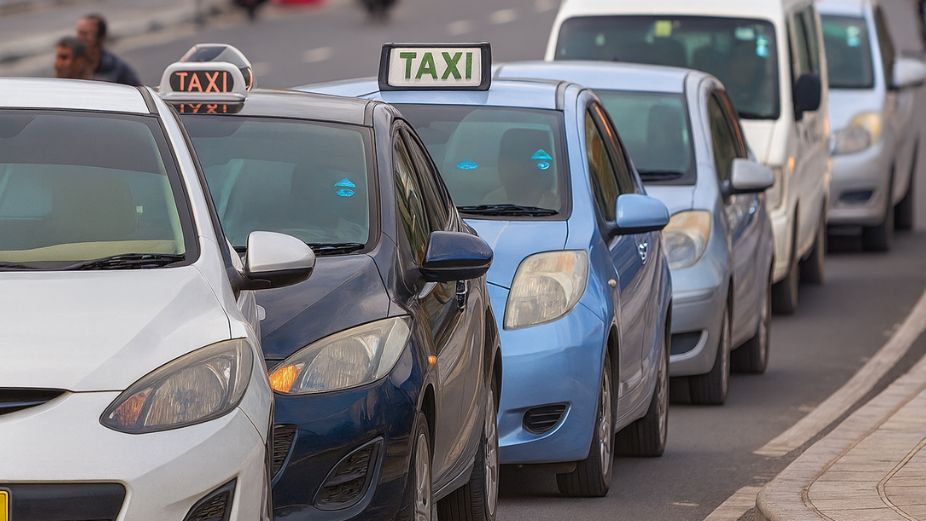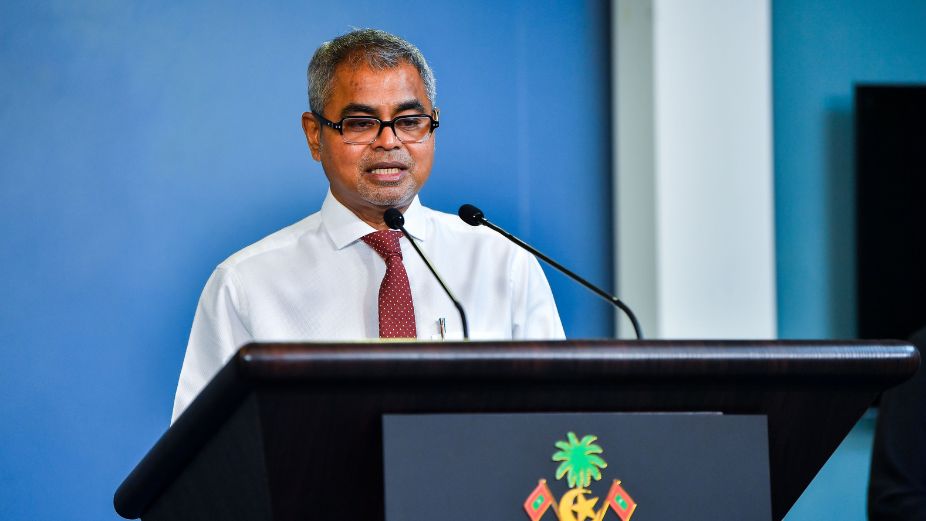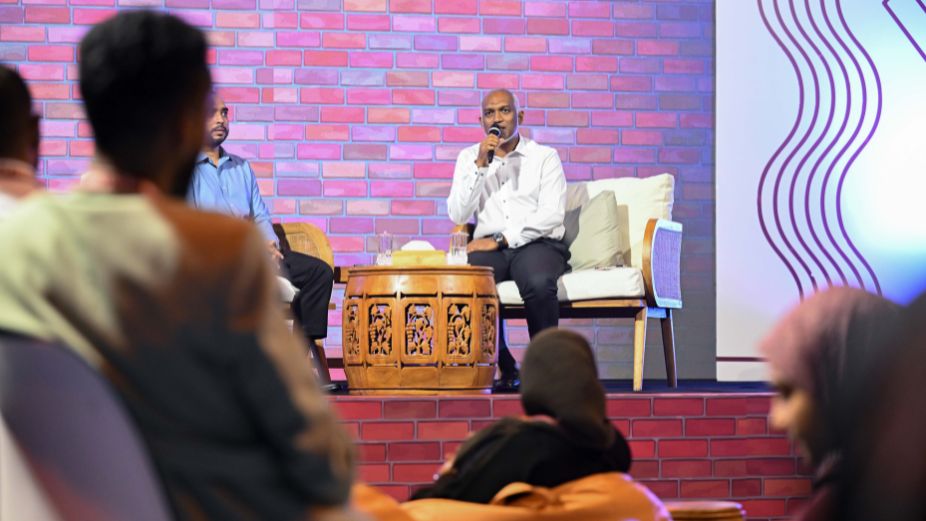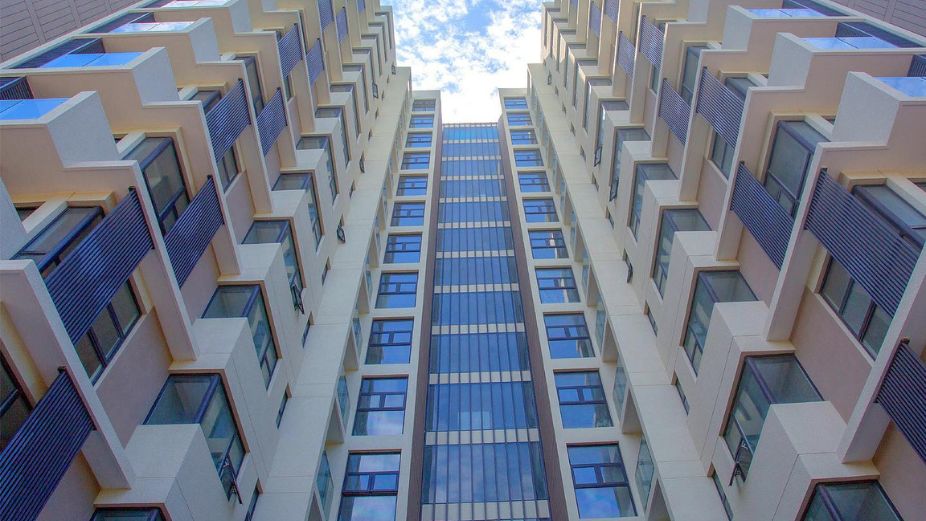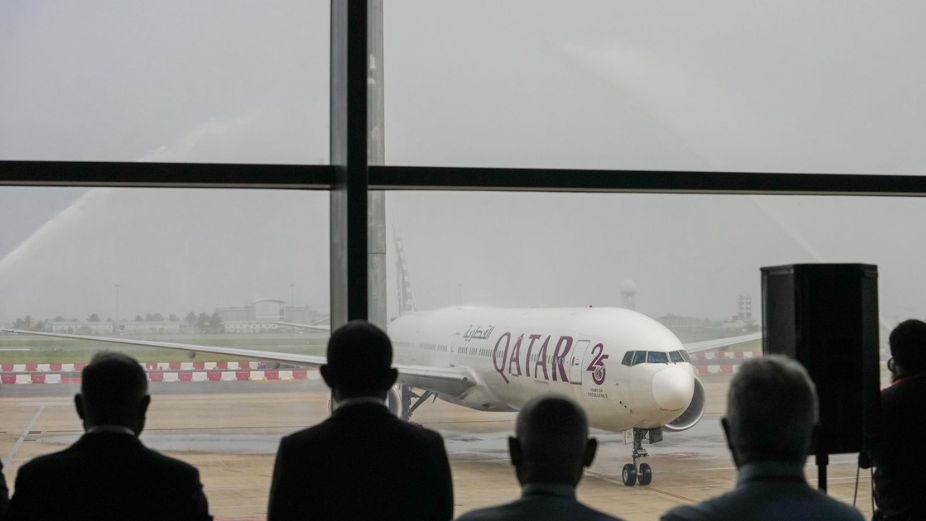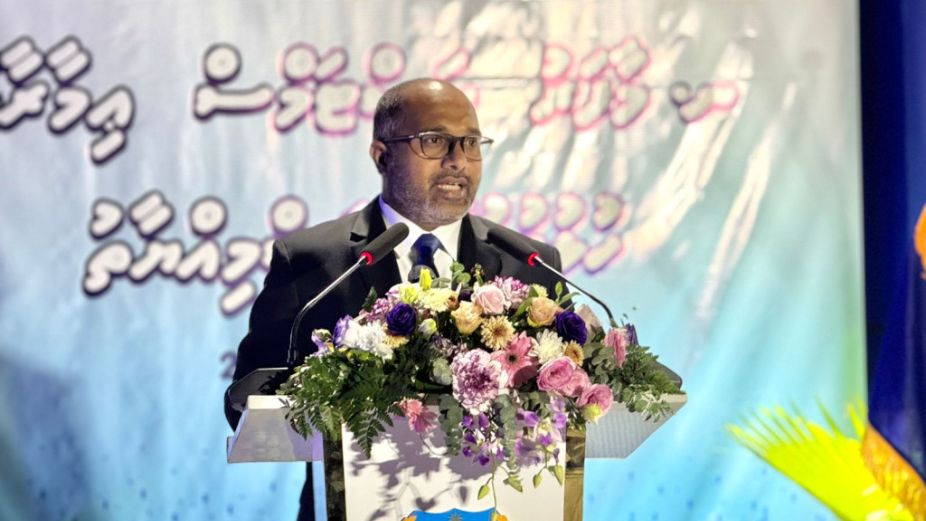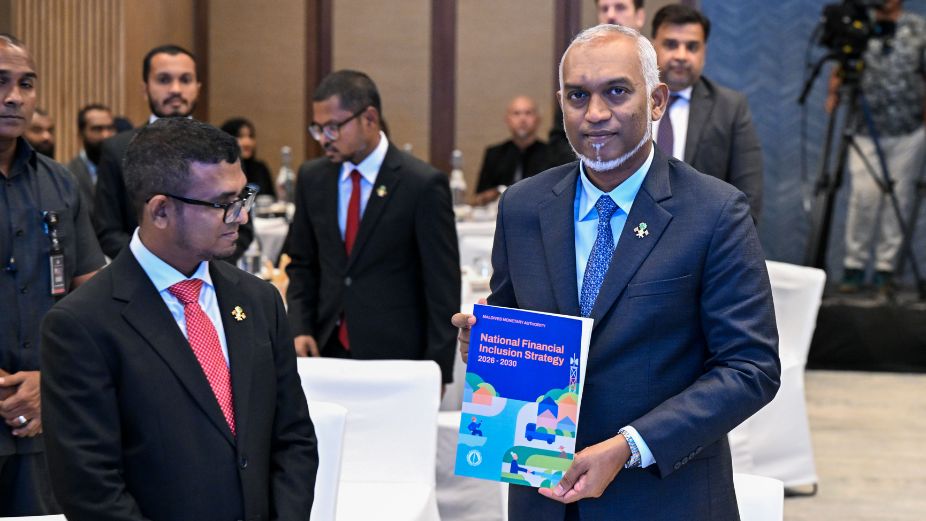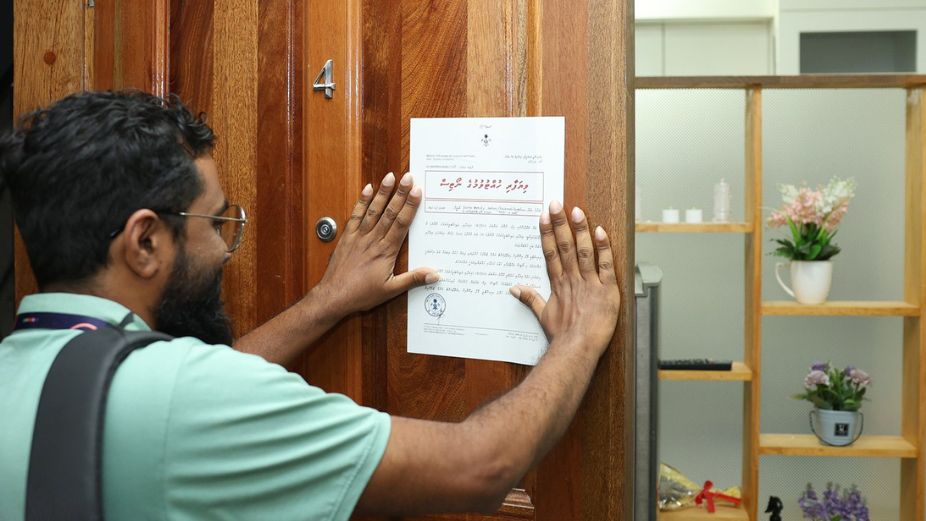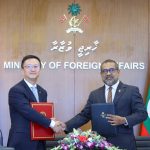The Maldives Monetary Authority has outlined an ambitious plan to reshape how financial services are accessed and used across the country, with the launch of the National Financial Inclusion Strategy 2026 to 2030. The strategy responds to the country’s geographic realities and persistent inclusion gaps, despite high levels of basic account ownership.
According to the strategy, while around 91 percent of adults in the Maldives hold a bank account, usage remains uneven. Women, older citizens, young people, and micro, small and medium enterprises continue to face structural barriers that limit meaningful participation in the financial system. The plan shifts focus from account access alone to financial deepening, resilience, and long-term sustainability.
Geography remains a central challenge. With more than 1,200 dispersed islands, maintaining physical banking infrastructure outside the Greater Male’ region is costly and inefficient. Although mobile internet penetration stands at close to 90 percent, this has not translated into equal use of digital financial services. Among citizens aged 65 and above, fewer than four in ten use mobile banking, while understanding of basic financial concepts remains limited.
The strategy highlights gender disparities as well. Women are significantly more likely to be unbanked than men and are far less likely to borrow from formal financial institutions. For MSMEs, unmet demand for private sector lending is estimated at MVR 11.1 billion, largely due to lack of acceptable collateral and informality in business operations.
Climate vulnerability also features prominently. A large majority of citizens recognise the need for financial tools linked to climate resilience, yet uptake of insurance and other risk management products remains low.
To address these gaps, the strategy is structured around five pillars. The first focuses on access to finance, including the introduction of alternative credit scoring models that draw on utility and telecom payment histories, and the creation of a central collateral registry allowing movable assets to be used as security. Housing finance for first-time buyers in the Greater Male’ region is also identified as a priority.
Islamic finance forms the second pillar, aiming to expand inclusion for those who avoid conventional banking for religious reasons. Proposed measures include integrating social finance instruments such as Zakat and Waqf into financial products, alongside capacity-building initiatives to improve public understanding of Islamic finance.
Digital finance is another core area, seeking to capitalise on high mobile usage. Plans include improving interoperability between banks and payment providers, enabling cross-border payments through integration of local systems, and establishing a centralised electronic know-your-customer platform to simplify account opening.
The fourth pillar addresses inclusive green finance. Measures include introducing a national green taxonomy to guide sustainable investment, developing frameworks for carbon credits linked to protected areas, and offering technical assistance and grants to MSMEs adopting environmentally sustainable practices.
Consumer empowerment and financial literacy underpin the final pillar. Financial education is to be integrated into school curricula, while a formal consumer redress mechanism is planned to handle complaints against financial institutions in a transparent and timely manner.
Supporting these pillars are reforms to financial infrastructure, legal and regulatory frameworks, and partnerships across government, the private sector, and civil society. Oversight of the strategy will rest with a National Financial Inclusion Steering Committee co-chaired by Maldives Monetary Authority and the Ministry of Finance, supported by technical committees aligned with each pillar.
Several high-priority actions are scheduled for early implementation. These include establishing the consumer redress mechanism and enacting new legislation on credit information and secured transactions in 2026, followed by the rollout of green finance frameworks and cross-border payment integration through 2027.
Together, the measures outlined in the NFIS 2026 to 2030 aim to build a more inclusive, resilient, and digitally enabled financial system that reflects the Maldives’ unique economic and geographic context.




